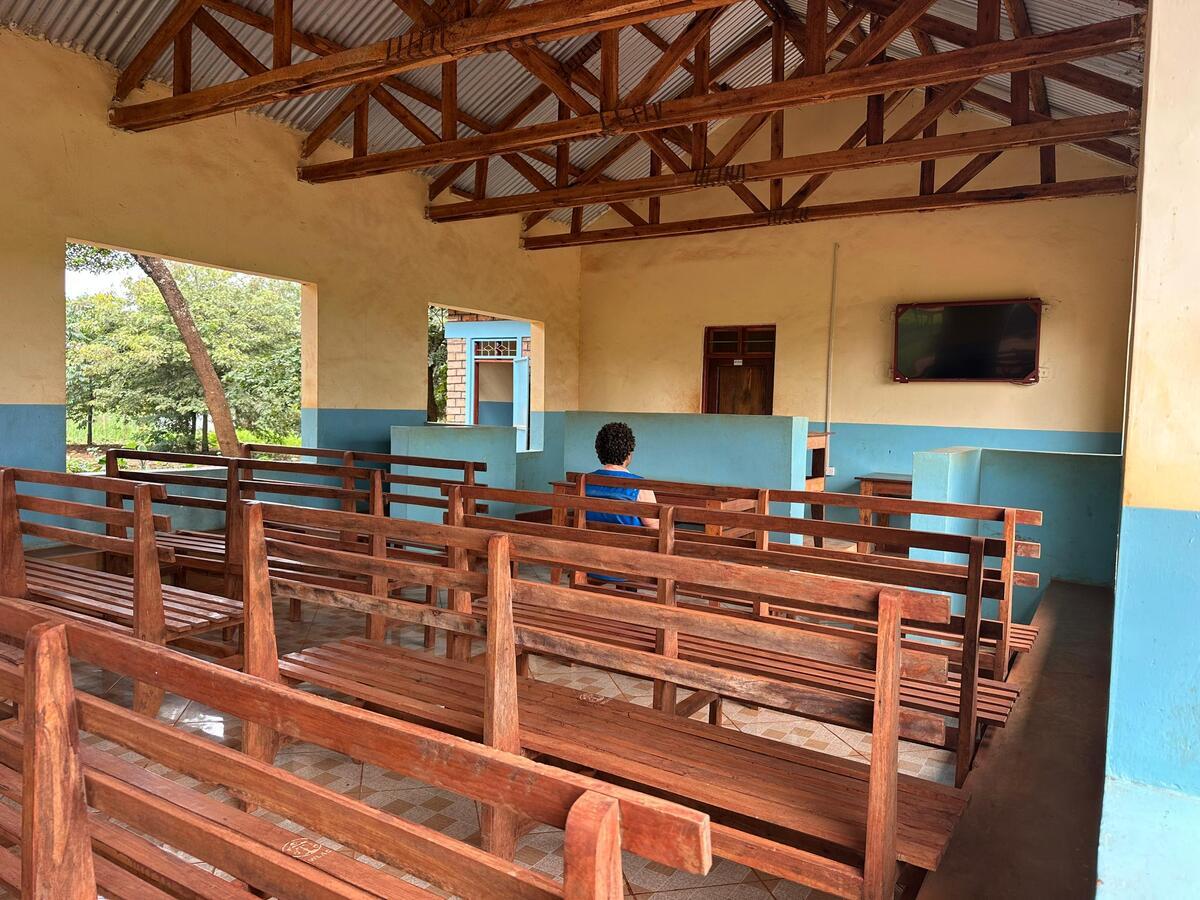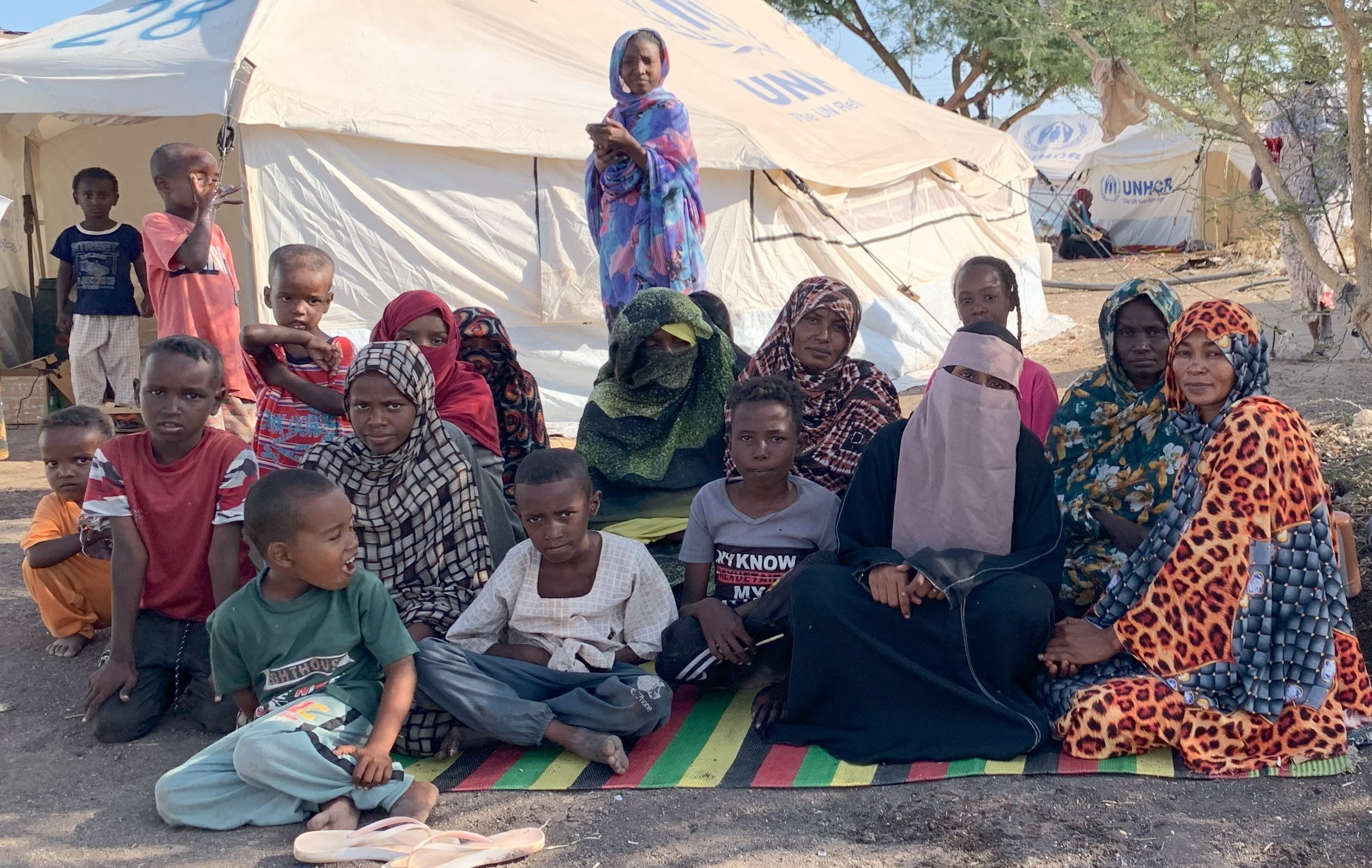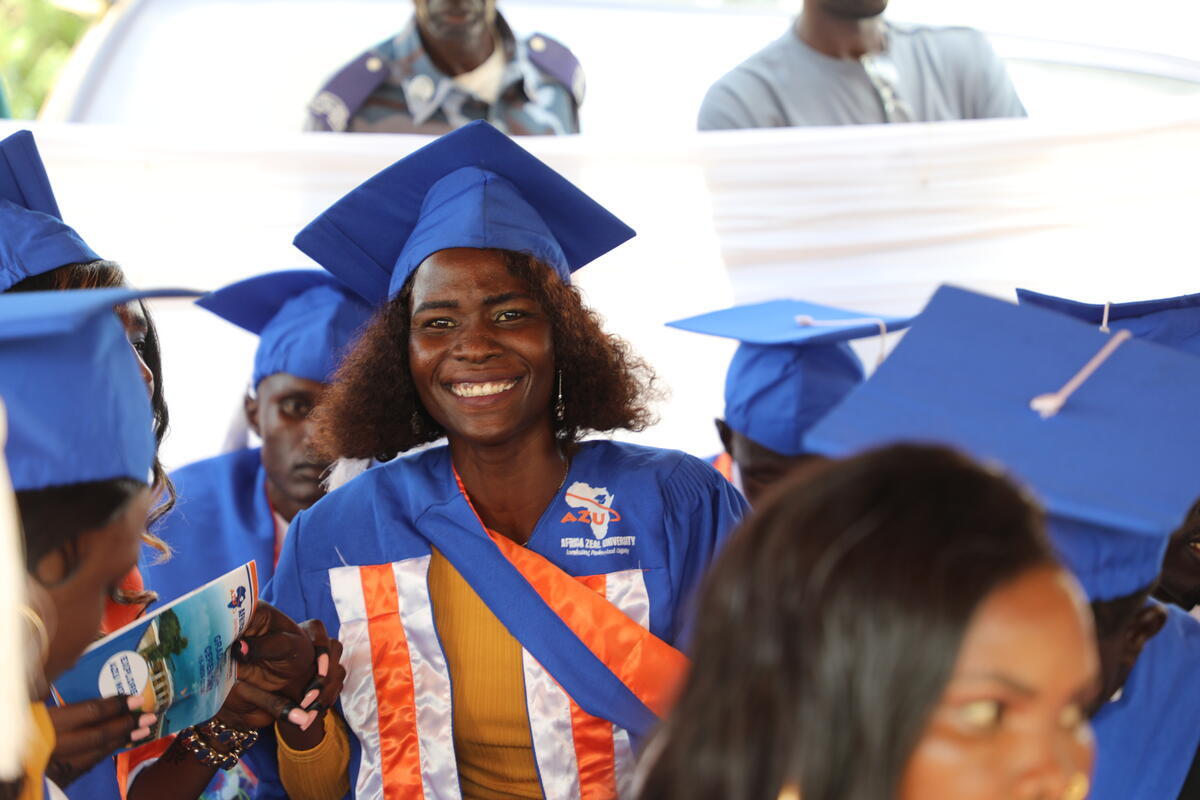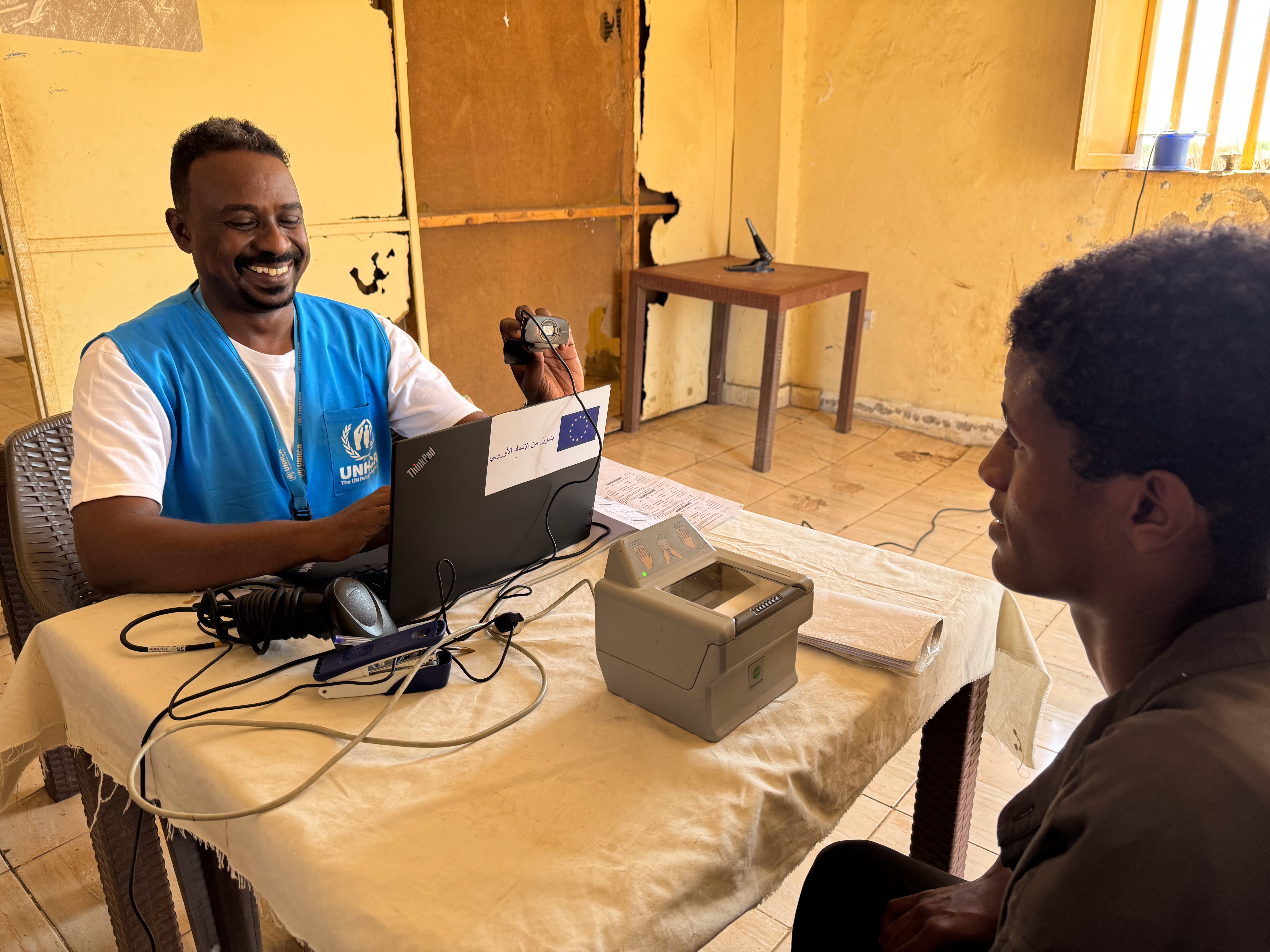Joint Statement by the Government of Kenya and the UN High Commissioner for Refugees: High Level Dialogue on the Shirika Plan
Joint Statement by the Government of Kenya and the UN High Commissioner for Refugees: High Level Dialogue on the Shirika Plan

UN High Commissioner for refugees, Filippo Grandi, interacts with Abdulaziz Lugazo, a refugee from Somalia, during the World Refugee Day celebrations in Kalobeyei settlement.
The Government of Kenya and UNHCR, the UN Refugee Agency, co-hosted today a special high-level dialogue on the transitioning of refugee camps in the country into integrated settlements aimed at promoting the socioeconomic inclusion of refugees and bringing additional support to the local Kenyan communities alongside them.
Building on the progress made thus far, the Government of Kenya is shifting its approach to refugee management by transforming refugee camps into integrated settlements under the multi-year “Shirika Plan,” previously referred to as the Marshal Plan.
The event, which was organized to mark World Refugee Day, provided a platform for various stakeholders to join Kenya in articulating a shared vision toward making this important change to the way in which refugee camps, which were established more than 30 years ago, are managed in Kenya.
The Government has committed to create an environment that not only supports the socioeconomic inclusion of refugees but also helps build opportunities for the Kenyan people.
The Government of Kenya, in line with the Global Compact on Refugees and in collaboration with UNHCR and other stakeholders, has taken concrete steps through a number of initiatives to improve the conditions for refugees and the communities hosting them.
The Refugees Act of 2021, which came into effect in February 2022, provides new and additional opportunities, rights, protection, and solutions for refugees in Kenya. In addition to recognizing the contributions made by refugees to Kenya’s development, the Act provides refugees with documentation to facilitate access to services and employment opportunities.
During the Dialogue the Guest of Honour Prime Cabinet Secretary, H.E Musalia Mudavadi EGH, was joined by the UN High Commissioner for Refugees, Filippo Grandi, Principal Secretaries and Governors represented in the National Steering Committee on the Shirika Plan, Development and Humanitarian Partners, Private Sector and Non-Governmental Organizations.
During the dialogue, development actors and public and private donors expressed their intentions to support the inclusive and transformative agenda for refugees that will be outlined as the Shirika Plan is developed and when it is implemented.
ENDS
For more information, please contact:
Firas Al-Khateeb, +254 757 98 3344, [email protected]
Background Note to Editors:
Kenya has generously hosted refugees and asylum-seekers for more than three decades. The country remains the fifth largest refugee-hosting country in Africa and the thirteenth largest asylum country in the world, with over 612,000 registered refugees and asylum-seekers as of May 2023. The vast majority reside in the camps, including nearly 254,000 in Dadaab in Garissa County and more than 264,000 in Kakuma in Turkana County. Some 94,000 reside in Nairobi and other urban areas.
The Shirika Plan is built upon the Support for Host Community and Refugee Empowerment (SHARE) initiative, Kenya’s Comprehensive Refugee Response Framework, the Kalobeyei Integrated Socio-Economic Development Plan (KISEDP) and the Garissa Integrated Socio-Economic Development Plan (GISEDP), and is aligned with the respective county integrated development plans. The Shirika Plan aims to lay out the transition by which both refugees and members of host communities would benefit from inclusion in national services and from programmes aimed at facilitating self-reliance, community-led economic development, and peaceful co-existence.
The Plan is being prepared using a multi-stakeholder consultative approach and is based on the integrated area-based settlement plans supporting the local economic development and equitable access to services for an enhanced protection environment and solutions. Key stakeholders include refugees, host communities, county governments, line ministries, humanitarian and development agencies, international financial institutions, donor governments, the private sector, and civil society. A Steering Committee and a multi-stakeholder Technical Committee will guide the Shirika Plan Secretariat that has been formed to lead the development of the Plan.
The Shirika Plan will also contribute to various international and national commitments made by the Government of Kenya and other actors. Kenya ratified the 1951 United Nations Convention relating to the Status of Refugees on 16 May 1966, and its 1967 Protocol in 1981. Kenya also ratified the 1969 OAU Convention Governing the Specific Aspects of Refugee Problems in Africa on 23 June 1992 and is party to various international and regional human rights treaties of relevance to the protection of refugees. The Shirika Plan will enhance collective efforts to meet the Sustainable Development Goals (SDG) and the AU Agenda 2063.









